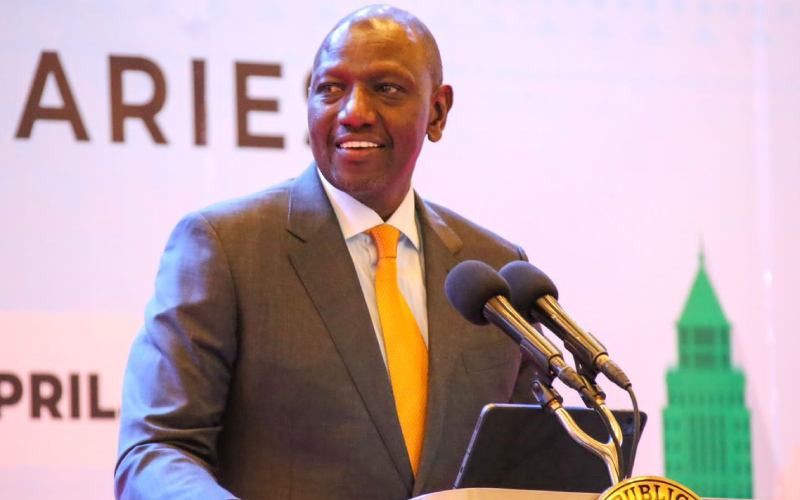×
The Standard e-Paper
Fearless, Trusted News

It is inspiring to be here to witness Africa's judicial leadership as you mobilise your juridical authority, intellectual power and moral commitment to intervene in our generation's defining struggle.
I am highly encouraged to note the depth of thoroughness in your appreciation of the existential magnitude of climate change and of the imperative for urgent action by all stakeholders, anchored on common institutional coordination.